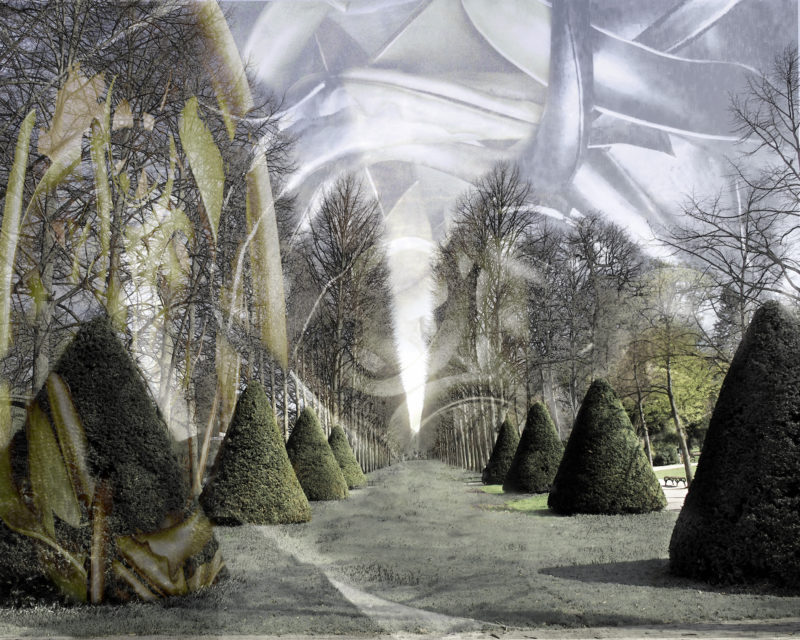
Don’t you love it when a book review leaves no doubt about what to read? For example, Andrea Wulf writes, “Here is my review of Stephen Buchmann’s “The Reason for Flowers” – which is a pretty terrible book. Very rambling and not enjoyable. Shame.” She herself is the justly celebrated author of The Invention of Nature, a fabulous book about the ecological visionary and humanist, Alexander von Humboldt. Ok, ignore one, read the other.
Also on my reserve-at-the-library – list: A Walk in the Park, by social historian Travis Elborough. I read the attached review in the Financial Times and was sold, particularly since the writing was claimed to have a “Monty Python-ish strain.”
http://www.ft.com/intl/cms/s/0/5b07fe36-2bf5-11e6-bf8d-26294ad519fc.html
 According to the review the book traces the history of public parks including their role (in the eye of philanthropic Victorians) to pacify the urban poor. Post WW I park creation was increased to enhance physical fitness in young men, having shown lamentable lack thereof when conscripted earlier. And of course now parks are making way for ever larger number of shopping malls… I find it interesting to learn about what social, political or economic pressures shape environments that we take for granted.
According to the review the book traces the history of public parks including their role (in the eye of philanthropic Victorians) to pacify the urban poor. Post WW I park creation was increased to enhance physical fitness in young men, having shown lamentable lack thereof when conscripted earlier. And of course now parks are making way for ever larger number of shopping malls… I find it interesting to learn about what social, political or economic pressures shape environments that we take for granted.
Take the cultivation of poppies, for example, the plant from which opium and its derivatives are extracted (the German company Bayer started to produce heroin in the late 1800s, sold by the truckload to combat opium addiction in the US until it became clear that it itself was highly addictive.) The review from The Guardian below makes it clear that Julia Lovell’s book Opium War Drugs, Dreams and the Making of China should be quite the eye-opener when it comes to politics and flowers. https://www.theguardian.com/books/2011/sep/02/opium-war-julia-lovell-review

Am I the only one who finds it ironic that the West has declared a war on drugs in the 20th century, when Great Britain and later France declared war twice on China in the 1800s because it tried to prohibit Western nations to sell opium in China? In the 1820s China had up to 10 Million opium smokers and addicts because of the import of opium by the British from Burma in exchange for the coveted Chinese tea. The emperor decided to ban the use of the opium which did not sit well with the sellers. The West was victorious in both wars and extracted hefty concessions from China, both monetary and in terms of ceded land (think Hongkong.) More long lasting, though, is how these wars shaped Chinese nationalism and its underlying structural narrative. It might still come to haunt us.
These days Afghanistan has surpassed Burma in production of opium and participates in a multibillion dollar heroin trade that benefits not just indigent political movements like the Taliban, but also organized crime and a lot of our own financial institutions because of money laundering in Western banks. The numbers about the production are mind boggling and can be found here http://www.unodc.org/documents/crop-monitoring/Afghanistan/Afghan-opium-survey-2014.pdf
And all this from such a dainty little flower……
Emil Nolde: Grosser Mohn 






Tricia
The image at the top is one of your montages? It’s breathtaking.
friderikeheuer@gmail.com
Yes it is – a public park, formerly around the castle of an aristocrat, in Celle, Lower Saxony.
Lee Musgrave
Very nice montage.
whitney otto
That first photograph! Very fairy tale. Very atmospheric. I love it.